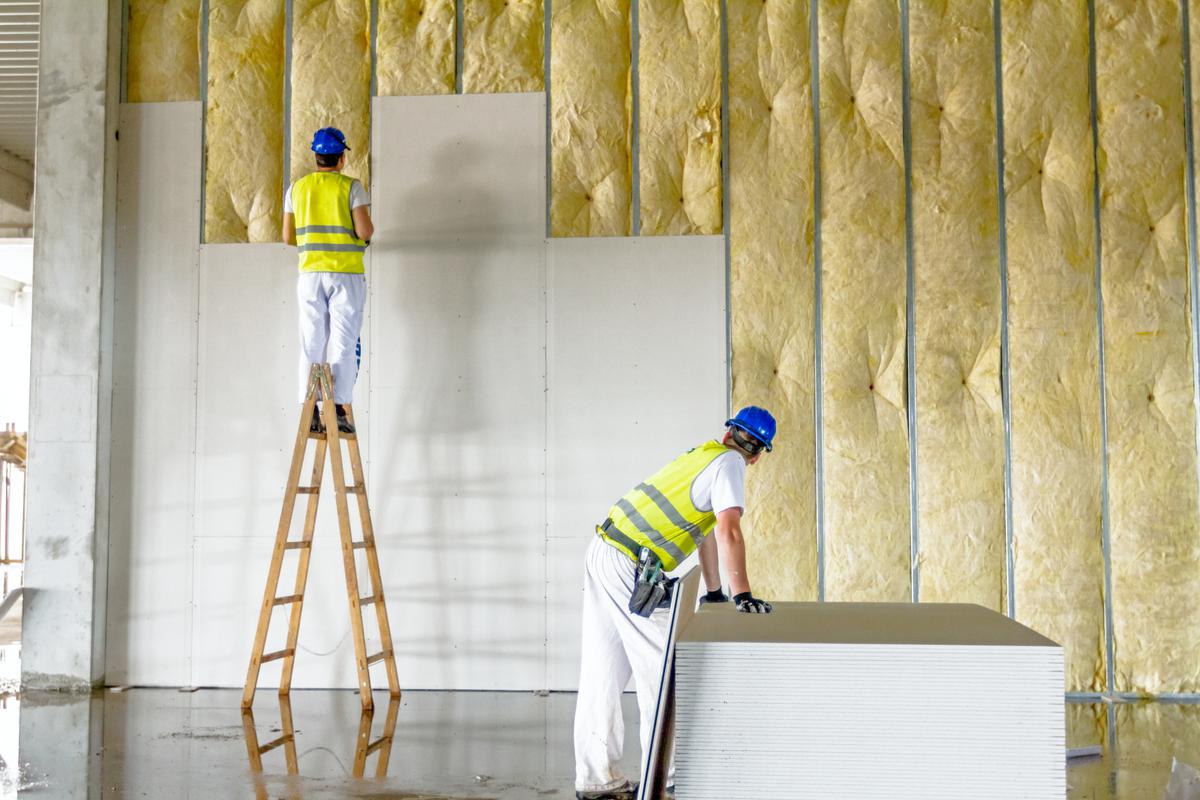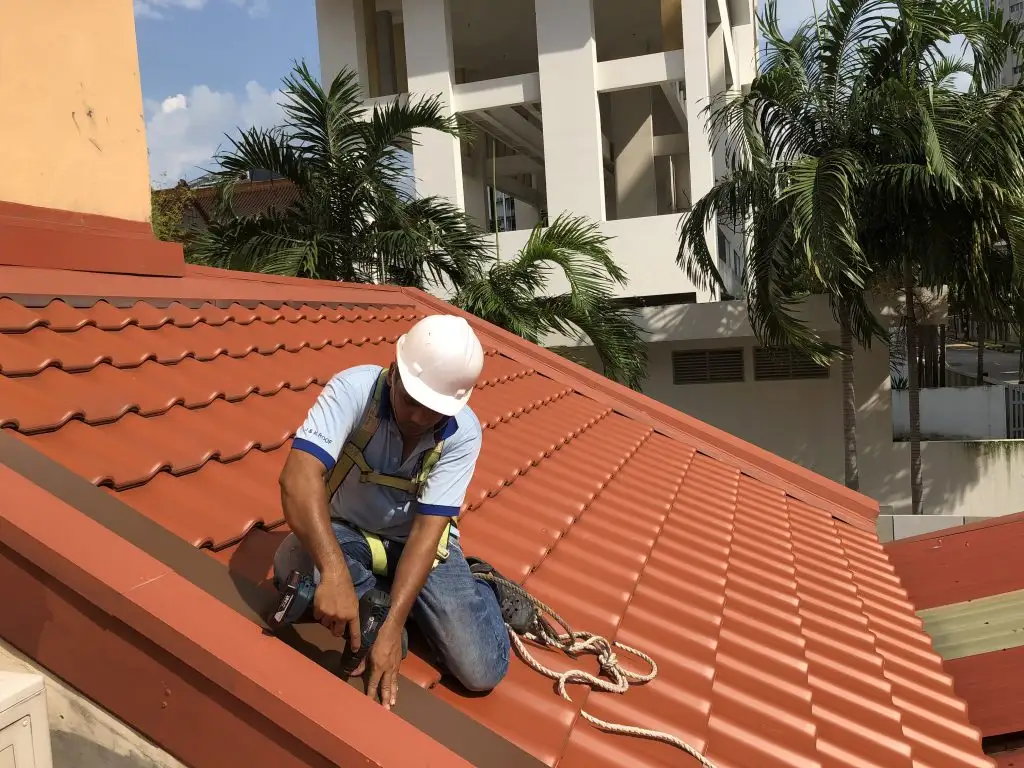Procedural Posture
Appellant homeowners sought the review of the order of the Superior Court of San Mateo County (California), which granted respondents builder and engineer’s motion in limine pursuant to Cal. Civ. Code § 47(b), in appellants’ suit for fraud, conspiracy, and the willful misconduct of respondents in connection with the building of appellants’ homes and for rescission of settlement agreements and releases entered into with respondents.
California Business Lawyer & Corporate Lawyer, Inc. is an Orange County Business Lawyer
Overview
Appellant homeowners filed a suit against respondents builder and engineer, which alleged fraud, conspiracy, and willful misconduct in the design, construction, inspection, and repair of the concrete foundations underlying appellants’ homes, and for rescission of the settlement agreements and releases made in connection with appellants’ initial claims for repair of the foundations. The lower court granted respondents’ motion in limine pursuant to Cal. Civ. Code § 47(b), excluding statements made by respondents prior to the litigation, and in order to facilitate an immediate appeal, appellants consented to a judgment on the pleadings for respondents. The court reversed the order of the lower court, holding that the lower had erred in excluding the pre-litigation statements. The court further held that the litigation privilege extended to statements made in anticipation of litigation. However, the court concluded that the privilege only extended to pre-litigation statements that were made where there had been a serious threat of impending litigation; the evidence did not show that there had been a serious threat of impending litigation when the excluded statements were made.
Outcome
The court reversed the order of the lower court, which granted respondents builder and engineer’s motion in limine in appellant homeowners’ suit for fraud, conspiracy, willful misconduct, and rescission of settlement agreements and releases entered into with respondents; the lower court improperly excluded statements made by respondents prior to the litigation.





